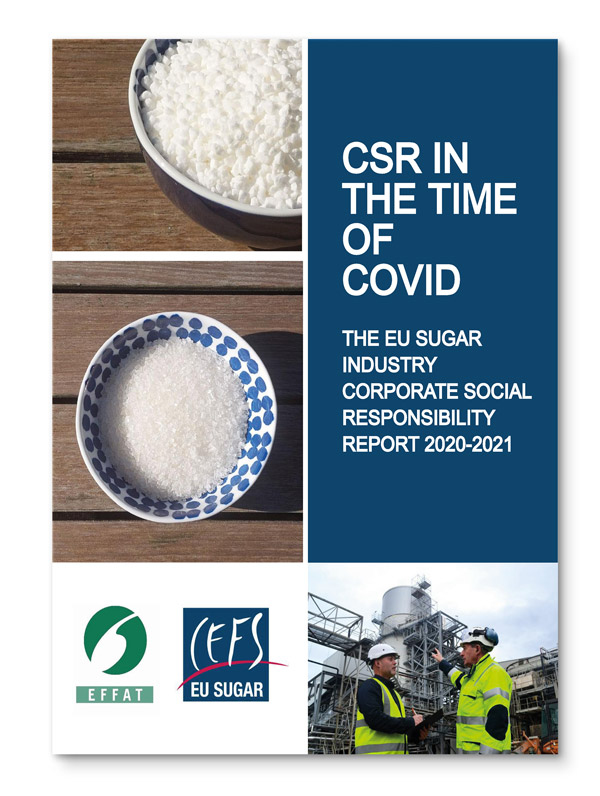Speaking at today’s plenary meeting of the EU sugar sector social dialogue, representatives of the European Commission Directorate General for Agriculture & Rural Development once again offered no answers to the most pressing question ever faced by the EU beet sugar sector: how to arrest the current serious, unprecedented, and prolonged market decline?
Over three months since our last statement, no steps have been taken to stabilise the EU sugar market.
This inaction comes in the face of a crisis that has worsened yet further: EU white sugar prices sat at 320 EUR/tonne on average for the month of November 2018, unchanged from October. This is insufficient to cover the costs of even the most efficient EU manufacturers.
The only beneficiaries of this price fall have been sugar users, who have benefited from a transfer of at least two billion EUR (and counting) since 1 October 2017, paid for by EU beet sugar manufacturers and sugar beet growers.
Beet sugar factories, which concentrate skilled, remunerative, industrial employment, are often the heart of the rural communities where they are situated. And they generate important economic multipliers: supporting sugar beet farmers; secondary processors, with high-quality, sustainable sugar; the chemicals and fermentation industries, with bioethanol and molasses; and pastoral agriculture, with nourishing animal feed from beet pulp. It is no exaggeration to say that the closure of a single such factory can shatter the fortunes of an entire community. And this at a time when rural desertification shows no sign of letting up.
EFFAT, representing employees of the EU sugar sector, and CEFS, representing EU sugar manufacturers call on the European Commission to implement market measures urgently. The high-level meeting on the sugar sector – which first met yesterday – must deliver concrete solutions for the long-term sustainability of the sector. We request firmly in this regard that both EFFAT and CEFS be admitted to the next such meeting of 19 March 2019.

